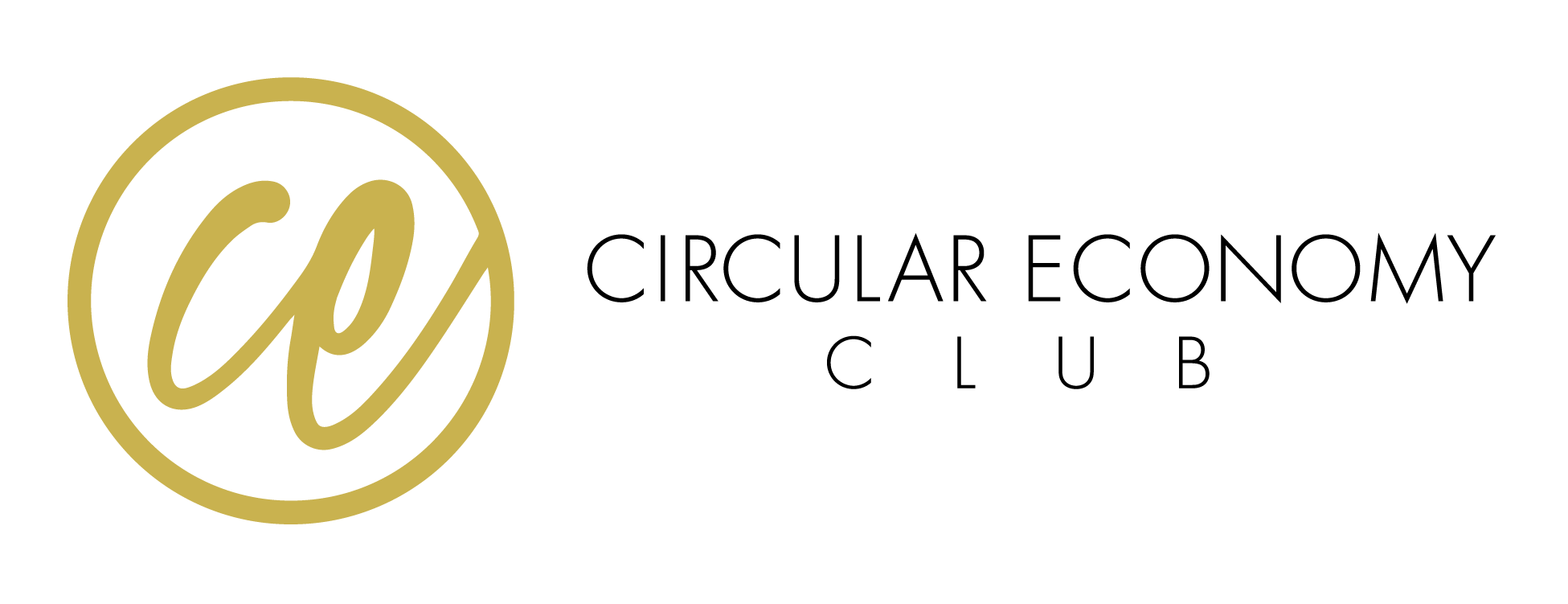How to find speakers: Look for success stories and case studies
In some activities such as workshops you may not have speakers, but in forum discussions, panels or conferences you may. Your speakers will be the inspiration centers of your CEC events. So, selecting, inviting, and preparing them for the CEC local event will be one of the most important tasks you will have to do. Tap into Universities, co-working spaces, local businesses, charities, corporates, business associations, and the CEC community.
Content to look out for:
- Circular solutions that originate in your community and are widely relevant ;
- Ideas that need to be defended – not something self-evident, but an interesting argument, perhaps with many challenges;
- Solutions that change perceptions (e.g. a technology discovery that changes how you think about recycling, a design solution that reshapes your notions of prototyping.) and if you can find a.
- solution the CEC world has not heard of before.
Contacting speakers and mentors
Your speaker’s invitation should be a formal email, outlining the reasons why you are interested in having them speak at your local CEC event. Example email:
“Dear [hopeful speaker],
I hope this email finds you well. I am a huge fan of [your work] – and the way you [are so impressive at that thing you do]. I am hosting an independently organized CEC event happening in [month and year] on the topic of [XYZ ] and I would be honored to have your presence. .
The event, ‘NAME OF EVENT’, by CEC [YOUR CITY], is a half-day event on [date], being curated by [curators’ names with titles/affiliations], with an audience of about [#] of (describe audience profile) in [place]. Our goal is to bring together the best circular economy ideas to (EVENT OBJECTIVE), and on a wide range of subjects, to foster a more efficient economy – and provoke relevant conversations.
We would be delighted to have you speak about (TOPIC) for about [#] minutes — [a few suggestions of specific questions to address]. We would work together ahead of time to craft the talk.
We believe your voice would be a critical addition to the CEC [YOUR CITY]. Please let me know by [date] whether or not this would be of interest to you. Thank you for your time and I very much look forward to hearing from you.
Best,
[Your Name]
CEC (YOUR CITY) Organizer”
When a speaker says no thank you…
If the hopeful speaker informs you that they are either not available or are not interested in speaking at your event- simply thank them for considering the opportunity. If it feels appropriate, you could ask them if they have any recommendations for other speakers.
Your speaker has accepted! Now what?
Once a speaker accepts your invitation, you will want to get on the phone, Skype, or meet them in person to have a more in-depth discussion about the event.
The goal of your conversation is to communicate the following:
- Explain what CEC is and the basis for your CEC event
- Share with the speaker that we look for structure, brevity and clarity.
- If the speaker is using slides, the fewer words on the slides, the better (encourage the speaker to use high quality image is preferred).
- Encourage them to read the CEC Communications tips to gain inspiration.
- Be honest with the speakers and let them know your expectations, we suggest:
- 2 months ahead of the event speakers are required to write an outline and/or script and slides and send them to CEC local organizer;
- 1 month ahead of the event speakers are required to rehearse and liaise with CEC local organizer to be prepared to address interesting ideas in the Q&A session, such as:
- What is the current controversy in this field – that a general audience would understand?
- What is a common misconception that needs clarifying?
- Why is this idea important, and to whom?
- Who would disagree, and why?
- How did this idea/solution play out in professional careers?
- What is the big idea behind the speakers’ new project and how did they sell that idea to funders and collaborators?
Top Tips
- You will be the event host, rehearse before the event so you are well prepared and confident Be informal but professional and clear about the outcomes of the session.
- Keep talks to under 20 minutes, include as much Q&A time as possible and encourage interaction from the audience.
- Avoid pseudoscience. CEC is a platform for showcasing and explaining genuine advances in the circular economy, and it is important we retain the respect of the scientific community. Speakers should avoid the misuse of scientific language to make unsubstantiated claims.
- Please avoid any talks with an inflammatory political agenda, nor for polarizing “us vs them” language. We seek to build consensus and provide outside-the-box thinking, not to revisit familiar, unresolvable disputes on these topics.
- Take care of your speakers, introduce them to your venue, sponsors, team and attendees. Make sure they feel they are the center of attention and their ideas are respected and well understood
- Send a thank you note to your speaker after your event and invite them to continue engaging with your local CEC community by keeping track of your upcoming events on you your CEC page and Meetup group
Return to Toolkit for CEC Organizers
